Table of Contents
The timeline to get pregnant after conception varies among couples. Some get pregnant within one month of trying, and others may take six months to one year. It all depends on unique factors like age, conception time, etc.
So, it varies according to the couple. Keep reading to know more about how long it takes to get pregnant. Here are some unique facts, reasons, and other tips for pregnancy.
How long does it take you to get pregnant?
The chances of getting pregnant depend on many factors. As a result, it varies according to the couple. But here are some popular statistics from different studies which will help you:
According to the study, most couples conceive within one year (1).
- 30% of couples trying to conceive did so in the first month
- 75% of couples conceive within six months.
- 90% of couples conceive within one year
- 95% of couples conceive within two years
Another research suggests similar results from Germany in the same year (2). - 38% became pregnant in the first month
- 68% became pregnant within three months
- 81% became pregnant within six months
- 92% became pregnant within one year
However, these statistics are not hard and fast rules when assessing the time for getting pregnant. There are unique scenarios and different controlling factors. Therefore, you must seek your doctor’s advice and discuss your health for the best guidance.
Factors that affect chances of getting pregnant
The common factors that may affect the factors that affect chances of getting pregnant:
Age
Age plays an important role in getting pregnant (3). Females are born with a fixed number of eggs (4). Also, there is a fertile window for the female, which may start in the teens and last until the 40s or 50s(the menstrual phase) (5).
Therefore, females are more fertile in the early years of the fertile windows compared to later years (7). As the age increases, the chances of pregnancy may become tough. It’s the same for males, as there may be low sperm count and quality (7).
Health condition
Certain health conditions may also affect pregnancy chances (8). For example, PCOS may cause difficulty conceiving (9). So you can discuss the genetic factors and diseases with the healthcare provider for the best advice.
Timing of having sex
Plan regular unprotected sex before ovulation in females (10, 11). It’s when the mature egg is released from the ovary and travels down the fallopian tubes (12). So, having regular sex before this time is advisable.
Lifestyle and health habits
Certain lifestyle habits may contribute to the chance of getting pregnant (13),(14). To improve the chances, try exercise regularly, eat well, manage stress levels, maintain a healthy weight, and indulge in good lifestyle practices (15, 16, 17, 18).
Environmental factors
Exposure to certain environmental pollution, chemicals, and radiation levels can affect the fertility of both males and females (19). Therefore, it is important to be cautious when directly or indirectly in contact with these pollutants.
Average time to get pregnant by age
The time to get pregnant by age differs for everyone. But here are some statistics that help you outline the time it took to get pregnant in different circumstances:
- In healthy couples in their 20s and early 30s, around 1 in 4 women got pregnant in any single menstrual cycle (20).
- As you reach your 40s, around 1 in 10 get pregnant per menstrual cycle (20).
The time for getting pregnant in the age category can differ for everyone. As already discussed, it depends on many internal and external factors. Therefore, You must seek professional advice and plan accordingly.
How long does it take to get pregnant after sex?
It depends on many factors. If you regularly have unprotected sex, fertilization will occur when a viable egg and sperm meet (21).
It also depends if the female has ovulated yet (the phase of releasing a mature egg from an ovary) (22). An egg lives for 12–24 hours after ovulation. For successful fertilization, the intercourse should be a few days before ovulation to about one day after ovulation (23).
Usually, the healthy sperm can live in the female reproductive tract for about five days (31)., Therefore, after sex, pregnancy may be destined to occur as early as one week before ovulation (24). But again, it depends on the male and female’s health, age, and other conditions, as discussed above.
How long does it take to conceive after stopping birth control?
The time it takes to get pregnant after stopping birth control depends on the type. For example, progestogen-only contraceptive injections may postpone natural fertility for up to one year (2).
Discuss the nature of contraceptives with your doctor and then plan your pregnancy.
How to improve fertility and increase your chances of getting pregnant faster?
Here are tips to increase your chances of getting pregnant faster:
Understand your menstrual cycle and track ovulation
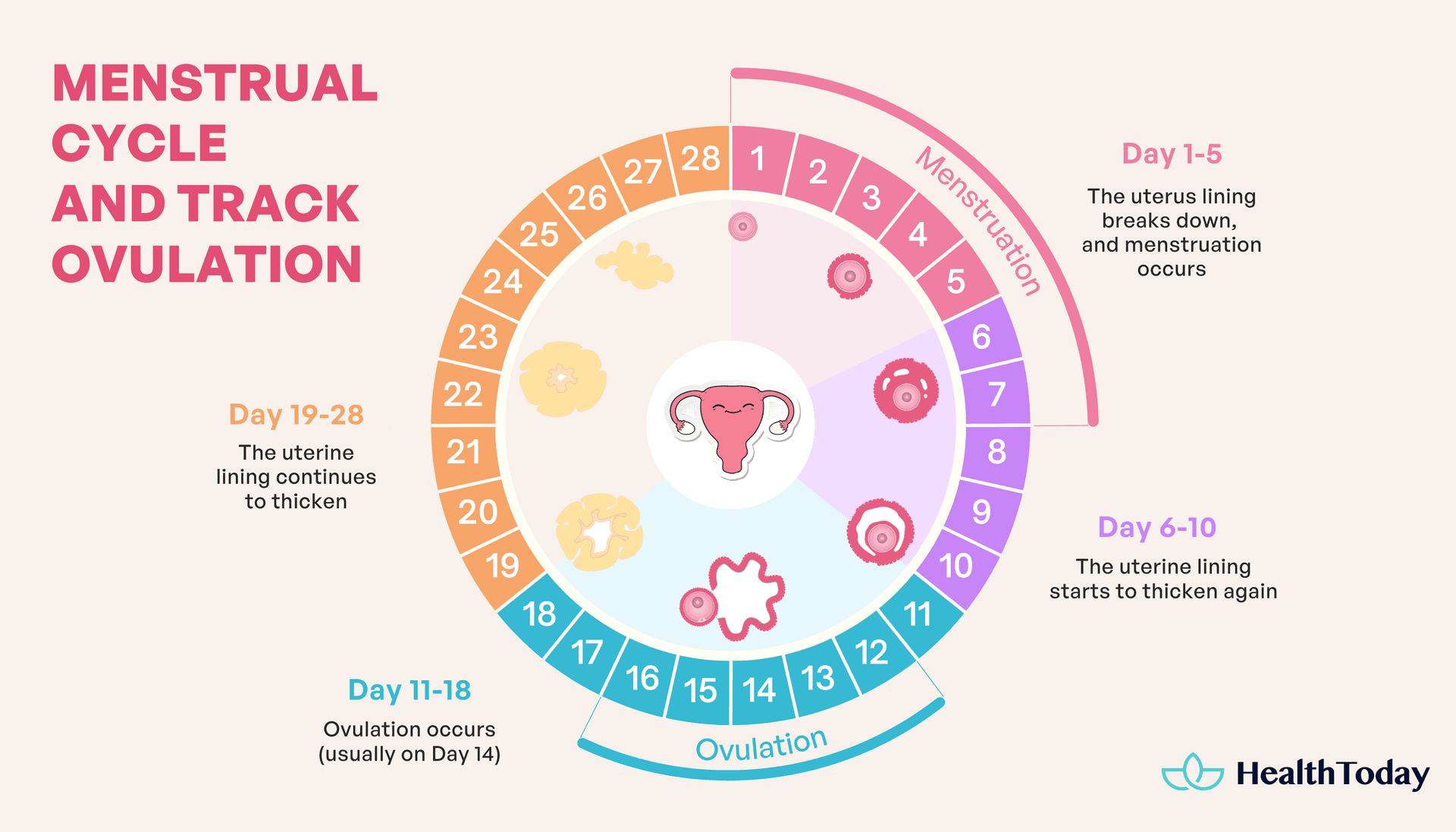
Ovulation is the phase in the female cycle when the mature egg is released from the ovary and travels to the fallopian tube (12). If fertilization occurs, the egg further travels and implants itself into the uterine wall (26). This phase occurs roughly two weeks before your next period or day 15 of the cycle (12).
The chances of getting pregnant a few days before ovulation and one day after it are high. At this time, the mature egg is ready for fertilization.
Therefore, you can keep a check on your menstrual cycle. For this, you can take the assistance of period tracking apps. They notify of estimated ovulation and fertile window. Having unprotected intercourse at this time may increase your chance of getting pregnant (10).
Seek fertility treatment when having difficulty conceiving
If you have tried long to get pregnant naturally and couldn’t do it, you should talk to a fertility specialist. After assessing your health, age, fertility problems other factors, they may suggest some techniques:
- In Vitro Fertilization(IVF): In IVF, the egg is fertilized by sperm in a test tube and then placed successfully implanted in the female’s uterus (27).
- Intrauterine insemination (IUI): It is a type of artificial insemination. The concentrated sperm is placed in the uterus around the ovulation time (28, 29).
Along with these, there are also medicines, surgical procedures, and other methods (26). If you have some disease, the doctor may first manage it so you can have a successful pregnancy.
Considering alternative methods can help you achieve pregnancy and parenthood. If you are trying to conceive, seeking professional advice can guide you in the right direction.
How long should you try before getting help?
If you have been trying to get pregnant for over a year, it is advisable to seek advice from a doctor (30). Additionally, if you are over 35 years old, you should consider speaking to a doctor after trying for six months (30).
Also, you can seek guidance if you have irregular periods or reproductive health conditions that may reduce fertility (30). They will help you plan strategically and rule out the problems, if there are any.
Summary
Predicting conception and planning for pregnancy is an exciting journey for any couple. It is important to decide for yourself when you are ready to get pregnant. Also, you should consider your and your partner’s health and other contributing factors. Discuss your age, health, lifestyle, and genetics with specialists for the best advice. Thoroughly assess all the factors mentioned and enjoy a happy pregnancy.









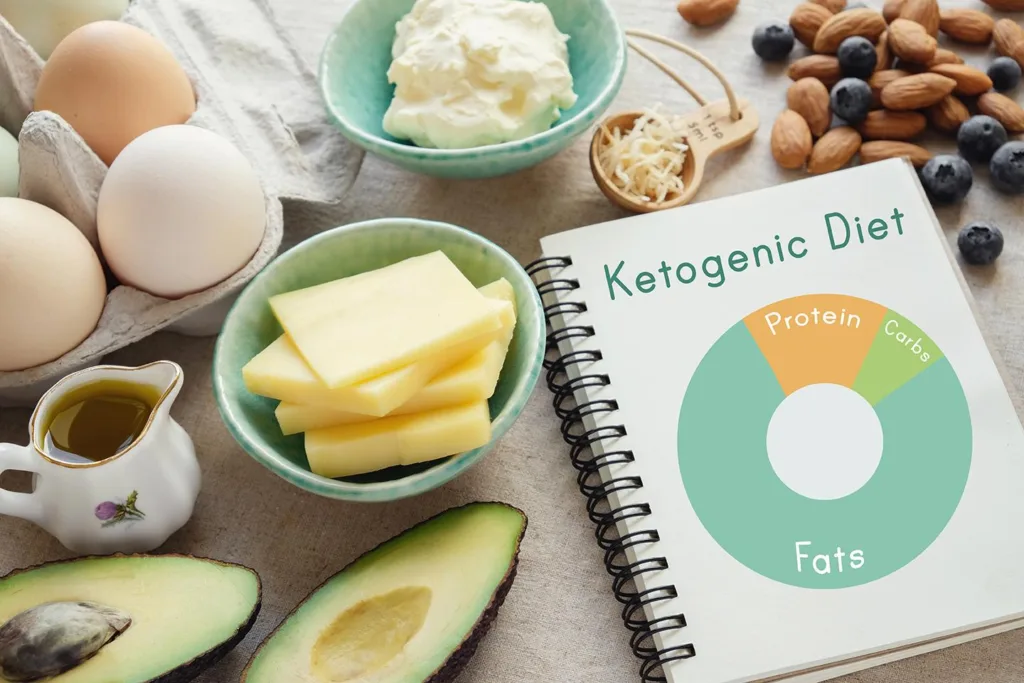
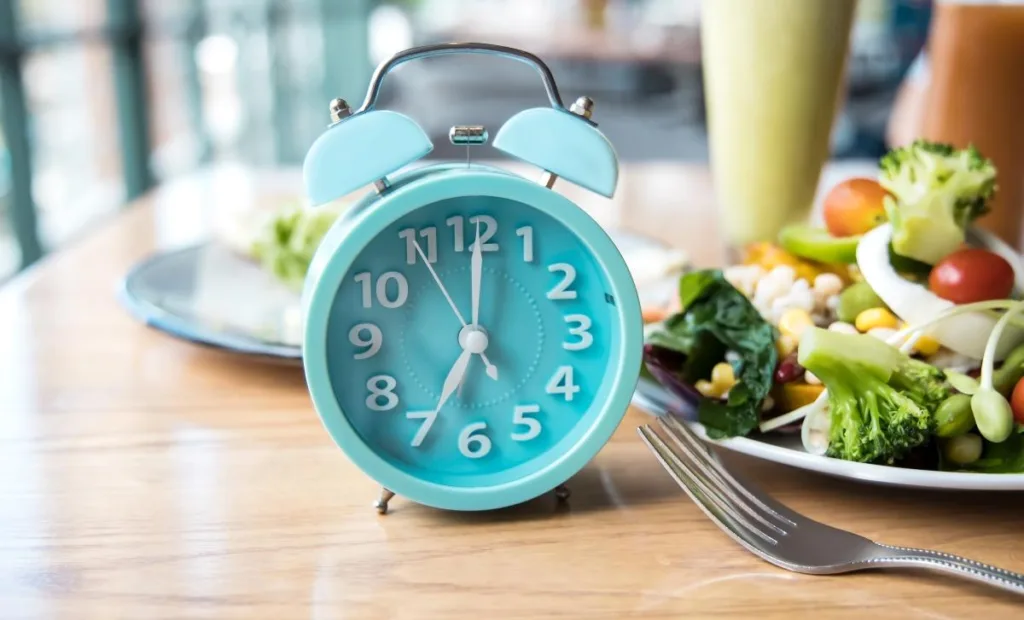


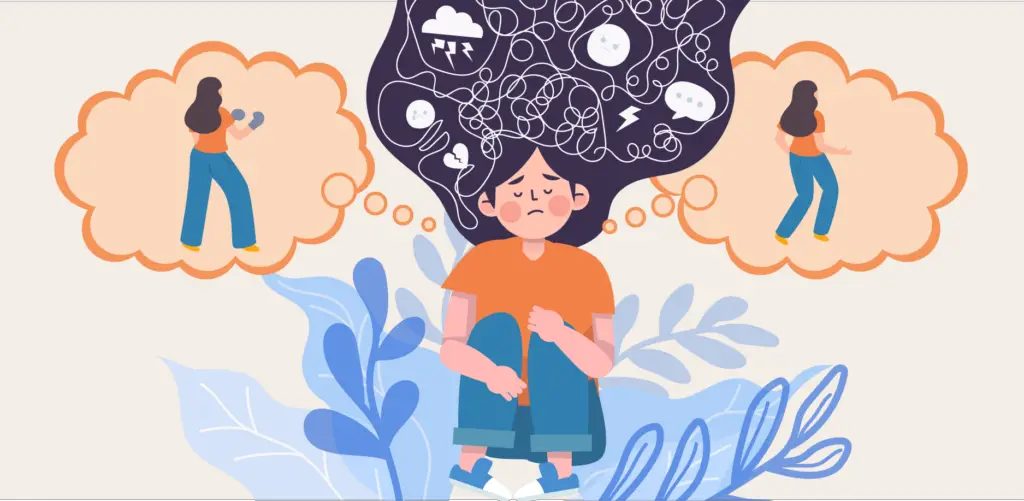
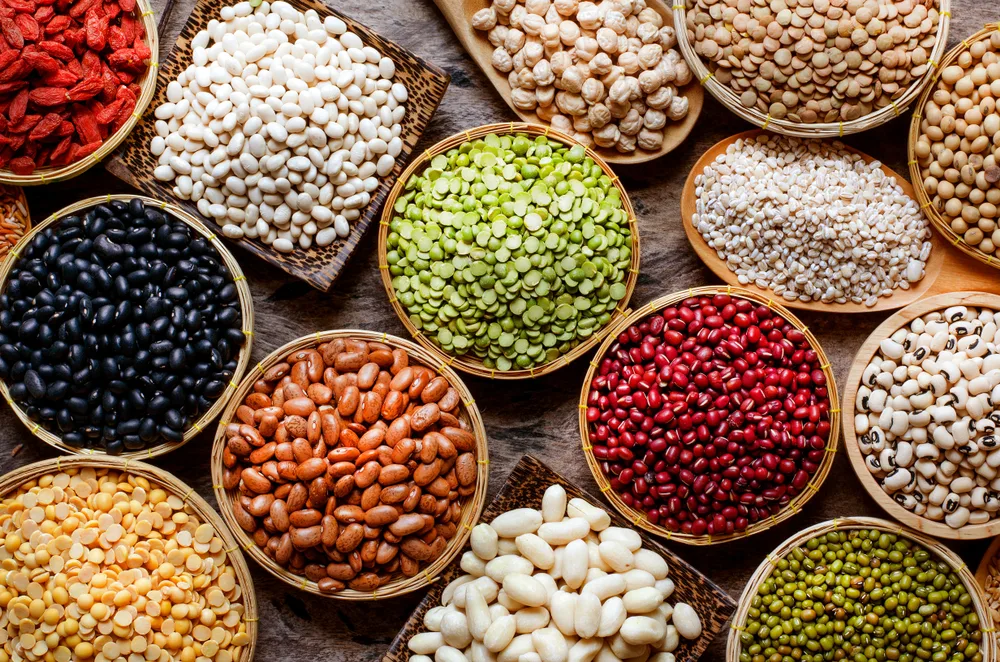
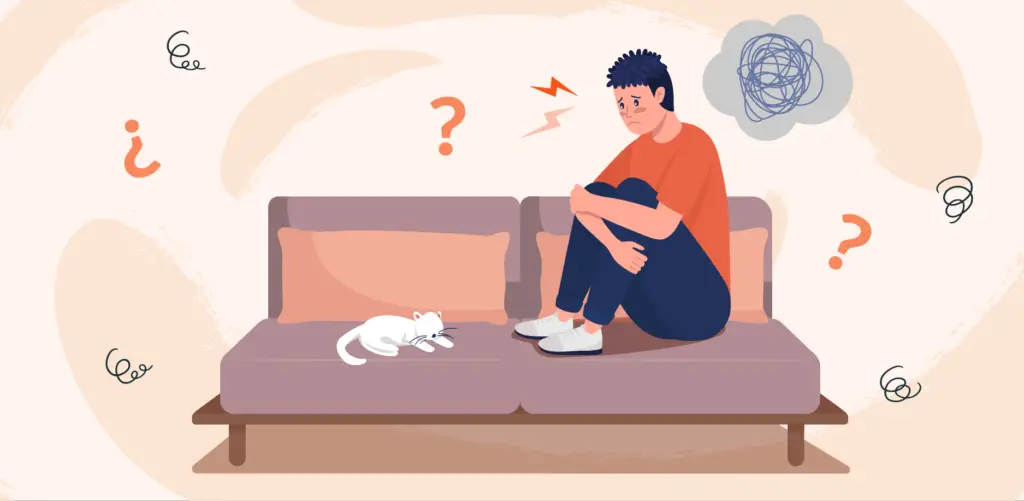

Comments
0